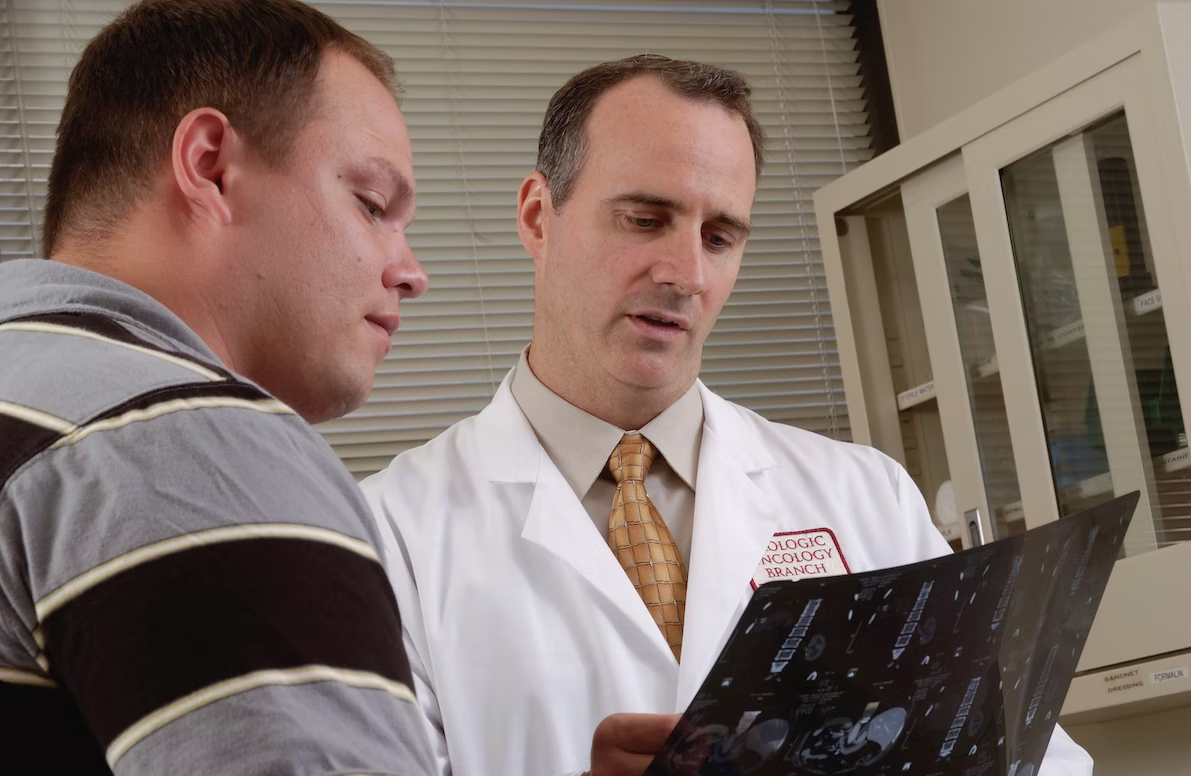
Cosmetic VS Plastic Surgeon
Cosmetic surgery is a type of elective surgery that is performed solely to enhance a person’s appearance. It is typically used to reshape or enhance features of the face, body, or breasts, and is often sought out by people who want to improve their self-esteem or confidence. Plastic surgery, on the other hand, is a broader field that includes both cosmetic and reconstructive procedures. While some plastic surgery procedures are performed for cosmetic reasons, others are done to repair defects, deformities, or injuries.
1. Know Your Why
You need to be clear on why you’re doing this so that your expectations are realistic and achievable. You should also know what kind of results can realistically be achieved with your body type and skin type. It is important not to be too ambitious or unrealistic with what you want from cosmetic surgery as this can lead to disappointment and dissatisfaction with the results or even worse, safety issues like infections or scarring.
2. Utilise Google
As with most things, Google can be very helpful to find potential surgeons that are in your local area. It’s better if you can find one that is closer to home to avoid travel costs and time when you could just have the surgery nearby. Google will also have a lot of additional information about the surgeon on websites which can tell you a lot about the surgeon as a person. It’s important to align yourself with a surgeon who holds similar values to you. For instance, Andrew Pieri is a cosmetic surgeon in the UK and focuses on innovation and developments in medicine by using some of his time to carry out his own research; whereas another surgeon might spend their free time performing surgeries for free to those in need. Finding a surgeon who you trust can make a major difference, so spend some time looking into them.
3. Ask Around
Reading testimonials (e.g. from Doctify) can be a useful tool in informing your decision about which cosmetic surgeon to use. Testimonials are often written by previous patients who have undergone the same or similar procedures, and they can provide insight into the quality of care and results that can be expected from a particular surgeon. By reading testimonials, you can get a sense of the surgeon’s level of skill, professionalism, and bedside manner, as well as how satisfied previous patients have been with their results. Additionally, you can learn about any potential issues or concerns that others may have experienced, which can help you make a more informed decision about whether a particular surgeon is the right fit for you.
You can speak to people you know who have had surgery done to see what their experience was like and whether they would recommend their surgeon. Make sure to also review some of the before and after photos of patients of the surgeon who have had a similar procedure to what you are looking for.
4. Check Their Credentials
You need to find a surgeon that specialises in the area that you are looking at adjusting. For example, if you have sagging skin around your eyes, then look for someone who specialises in eye work and eyelid surgery (blepharoplasty). And do not just choose the first person who advertises themselves as a cosmetic surgeon! Make sure they’re certified in your country, for example in the UK it could be the Royal College of Surgeons. You should also ensure that the facility where the procedure will be performed is accredited and has a good reputation for safety and quality care.
5. Meet With Them
When you think you have found a potential cosmetic surgeon, you can meet with them for a consultation. You should discuss your expectations and the results you hope to achieve and any concerns you may have. The surgeon should then provide a thorough explanation of the procedure, including the risks, benefits, and recovery process. It’s important to discuss any medical conditions, medications, or allergies you have, as well as your medical history and previous surgeries. The surgeon should also provide information about their qualifications, experience, and board certification, which you should have also been aware of from checking their credentials online.
You should talk about the cost of the procedure, including any additional fees for facility or anaesthesia services. It’s important that you voice all of your concerns and questions so you can be sure that you have a clear understanding of the procedure and feel confident in your decision to move forward with this particular surgeon.
6. Get A Second Opinion
Cosmetic surgery is a serious decision that can have both physical and emotional impacts, and it’s important to make an informed decision. Consulting with another qualified and experienced surgeon can help confirm the original diagnosis and recommended procedure, or it may uncover different options that were not considered previously. It can provide peace of mind and help alleviate any doubts or concerns you may have about the procedure. Ultimately, taking the time to get a second opinion can be a valuable step in making an informed decision in choosing the right cosmetic surgeon.
By following these steps, you can help ensure that you choose a qualified and experienced cosmetic surgeon who is a good fit for your needs and goals. Don’t forget: know why you want the surgery, research their credentials, values and testimonials, and meet with them in person. You don’t want to rush into anything though, so make sure to get a second opinion from another surgeon.
Comments
comments